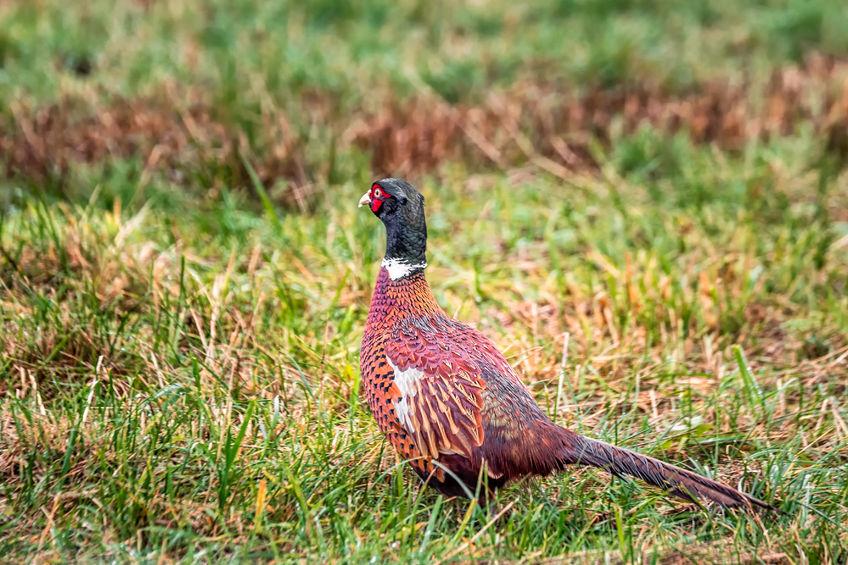
New research shows the overwhelming majority of the British public have never bought game meat, but with effective promotion and marketing this could be reversed.
The polling was undertaken by ORB on behalf of the Countryside Alliance. It found that 85% of people have never bought pheasant or partridge to cook at home.
When this 85% of people were asked to name the three reasons they never bought game, only 14% said it was because they opposed game shooting.
Only 7% said they don't eat game because of lead, making it the least common answer.
In contrast, 35% think game is "not the sort of food I eat", 31% have never even considered eating game, 27% have never seen it on offer where they shop, 18% think it is too expensive and 17% don't eat game because they don't know how to cook it.
The Countryside Alliance says that all of these objections can be tackled through effective promotion, marketing and efficiencies in the supply chain.
'Enormous potential'
Countryside Alliance Head of Shooting Liam Stokes said the polling shows the "enormous potential" game meat has.
"85% of people are not buying game to cook at home, but the vast majority of these people are ready to be convinced to give game a try," Mr Stokes said.
"Interestingly, these results are true everywhere; there is no rural/urban divide. People in London, for example, are just as open to trying game as people in the countryside."
To promote the meat, the British Game Alliance has been launched as the official marketing board for the UK game industry.
"This is why we are so enthusiastic about the launch of the British Game Alliance," Mr Stokes added, "we need a professional, industry-driven marketing board to get out there and help people realise that game is for everyone, to help get game on the shelves at a reasonable price and to show people how to cook it.
"Initiatives like our own Game to Eat have achieved so much already, but this research shows us we have done it with only 15% of the population on board. Imagine what we can achieve if we can motivate the remaining 85%."
